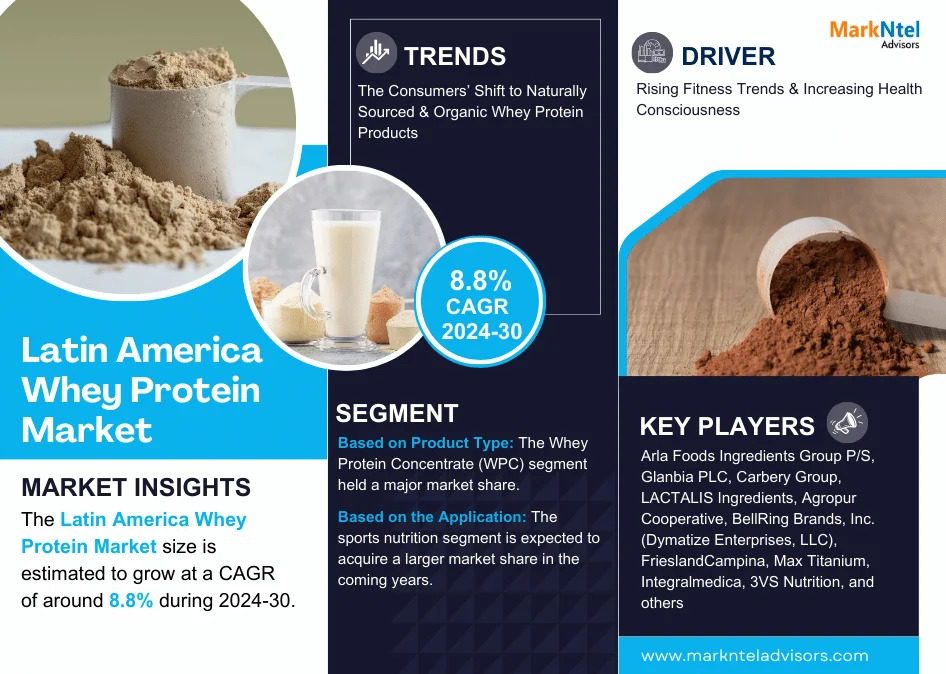
In the world of pharmaceuticals, quality is everything. Whether it’s a simple pain reliever or a complex prescription drug, every tablet that reaches the consumer must meet strict standards for safety, effectiveness, and consistency. One of the critical tools that helps manufacturers achieve this is the hardness tester.
Let’s explore how the pharmaceutical industry uses hardness testers to ensure the quality of tablets — and why it’s an indispensable part of the drug manufacturing process.
Why Tablet Hardness Matters
Imagine taking a pill that crumbles in your hand or one so hard it doesn’t dissolve in your stomach. Not ideal, right?
Tablet hardness affects several important factors:
- Durability during packaging and transport – Tablets must be strong enough to handle mechanical stress.
- Ease of handling for patients – They shouldn’t break when picked up or removed from a blister pack.
- Disintegration and dissolution rates – A tablet that’s too hard may not dissolve properly in the digestive tract, affecting drug absorption and efficacy.
In short, a tablet’s hardness directly impacts how well it performs both inside and outside the body.
What Is a Hardness Tester?
A hardness tester is a precision instrument used to measure the mechanical strength of a tablet — specifically, how much force it takes to break it. Most pharmaceutical hardness testers apply either a compressive force or a crushing force to the tablet and record the point at which it fractures.
Modern testers are often digital and fully automated, offering high levels of accuracy and repeatability. They can measure hardness in Newtons (N), kilograms (kg), or pounds (lb), depending on the application.
How Hardness Testers Fit into Tablet Production
Hardness testing isn’t just a one-time process — it’s performed throughout the entire tablet production cycle. Here’s how:
1. During Formulation Development
In the early stages, pharmaceutical scientists are experimenting with ingredients, binders, and compression techniques. They use hardness testers to:
- Evaluate the effect of different formulations on tablet strength.
- Determine the optimal mix of active and inactive ingredients.
- Fine-tune compression settings.
This ensures that the tablets have the right balance between being sturdy and dissolving as required.
2. In-Process Testing During Manufacturing
Once the formulation is finalized and full-scale production begins, in-process quality control (IPQC) steps in. Technicians randomly select tablets from the production line and test them using a hardness tester to make sure they meet the required standards.
If the tablets are too soft or too hard, they can adjust the tablet press machine’s pressure. This real-time feedback helps prevent large batches of defective products.
3. Final Quality Control
Before a batch of tablets is released for distribution, a final quality control (QC) inspection is performed. Here, hardness testing is part of a broader set of evaluations that may include:
- Weight variation
- Thickness
- Disintegration time
- Friability (tendency to crumble)
Only tablets that pass all QC checks — including proper hardness — are cleared for market release.
Regulatory Importance of Hardness Testing
Regulatory bodies like the U.S. FDA, Health Canada, and European Medicines Agency (EMA) place a strong emphasis on tablet hardness testing. It’s a key part of Good Manufacturing Practice (GMP) guidelines and is often audited during inspections.
Hardness data is also included in documentation submitted for drug approvals. Inconsistent or insufficient data can delay product launches or trigger product recalls — a costly consequence.
Advanced Features in Modern Hardness Testers
Today’s pharmaceutical hardness testers come with a host of modern features that make testing faster, easier, and more reliable:
- Automated sample feeding – No need for manual placement.
- Multi-parameter testing – Measures thickness, diameter, and hardness in one cycle.
- Touchscreen interfaces – Easy operation and intuitive controls.
- Data storage and connectivity – Integration with LIMS (Laboratory Information Management Systems) and secure data archiving for audits.
These upgrades not only improve accuracy but also reduce human error — another critical factor in pharmaceutical quality assurance.
The Role of Data and Documentation
Hardness testing isn’t just about the numbers — it’s also about traceability. In a regulated industry like pharma, documentation is everything. A good hardness tester allows operators to:
- Store data automatically
- Generate detailed reports
- Tag results with batch numbers, operator IDs, and timestamps
This level of traceability is vital for meeting compliance requirements and responding to any potential product complaints or investigations.
Case Study: Tablet Hardness Testing in Action
Let’s say a pharmaceutical company in Toronto is manufacturing a new type of extended-release tablet. These types of tablets are designed to release the active ingredient slowly over time.
If the tablet is too hard, it won’t break down correctly in the body. If it’s too soft, it could break apart prematurely or during transport.
By using a hardness tester, the company can precisely measure the tablet’s mechanical strength, ensuring it falls within a narrow hardness range that supports the desired release profile. This kind of precise testing helps deliver consistent, safe, and effective medication to the patient every time.
Choosing the Right Hardness Tester in Toronto, ON
If you’re in the pharmaceutical or nutraceutical industry in Toronto and looking for a reliable solution, investing in a quality hardness tester is a smart move. You need something that’s:
- Accurate and repeatable
- Easy to clean and maintain
- Compliant with regulatory standards
- Scalable for different batch sizes
Whether you’re running a research lab or a full-scale manufacturing plant, the right equipment can make a world of difference.
Looking for the best hardness tester in Toronto, ON?
York Testing Solutions offers a range of top-rated pharmaceutical hardness testers perfect for Canadian manufacturers. Their models combine cutting-edge technology, user-friendly interfaces, and strong local support — all critical when you’re in a tightly regulated industry like pharmaceuticals.
Final Thoughts
Hardness testing may seem like a small step in the massive process of pharmaceutical production, but it plays a big role in ensuring that every tablet works exactly as intended. From early development to final batch release, hardness testers are a crucial part of the industry’s commitment to safety, effectiveness, and quality.
So, if you’re producing tablets in Toronto — whether for humans or animals, prescription or OTC — don’t cut corners on your testing equipment. Invest in a high-quality hardness tester and give your products the reliable performance they (and your patients) deserve.
Need help selecting one? Connect with York Testing Solutions — your local experts in tablet hardness testing.






